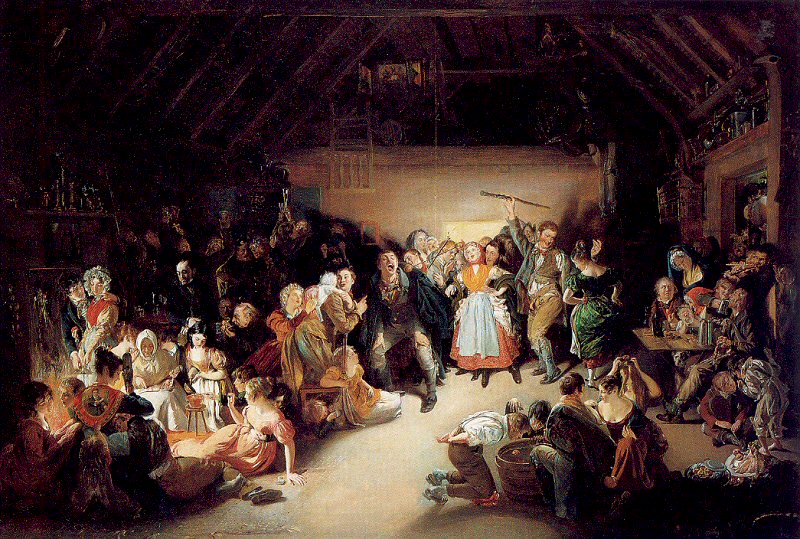61∗, released recently on video and in November on DVD, is about the 1961 home-run race between Mickey Mantle and Roger Maris. It is maybe the best baseball movie since Ron Shelton’s Bull Durham.
The real story is so perfect it requires no embellishment. Mickey Mantle (Thomas Jane), 30, a blond god at the height of his power and popularity, is confronted by the first challenge to his sovereignty since coming to the Yankees: another blond god named Roger Maris (Barry Pepper, the sniper with the cracker accent in Saving Private Ryan). The real Maris beat out Mantle for the Most Valuable Player award in his first year on the team, 1960. The next year, each spurred on (and in large part aided) by the other man’s presence in the lineup, the two made an unprecedented assault on Babe Ruth’s single-season record of 60 home runs.

